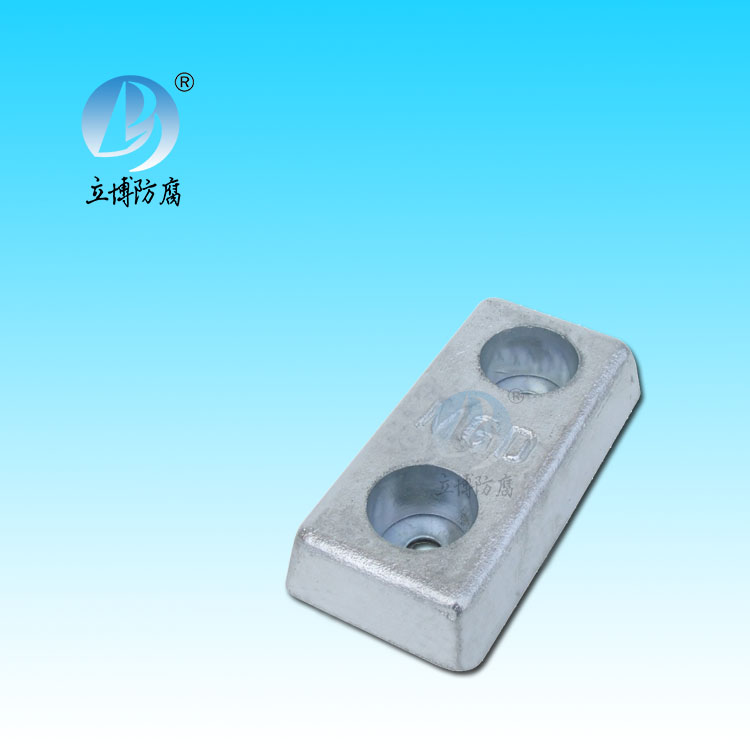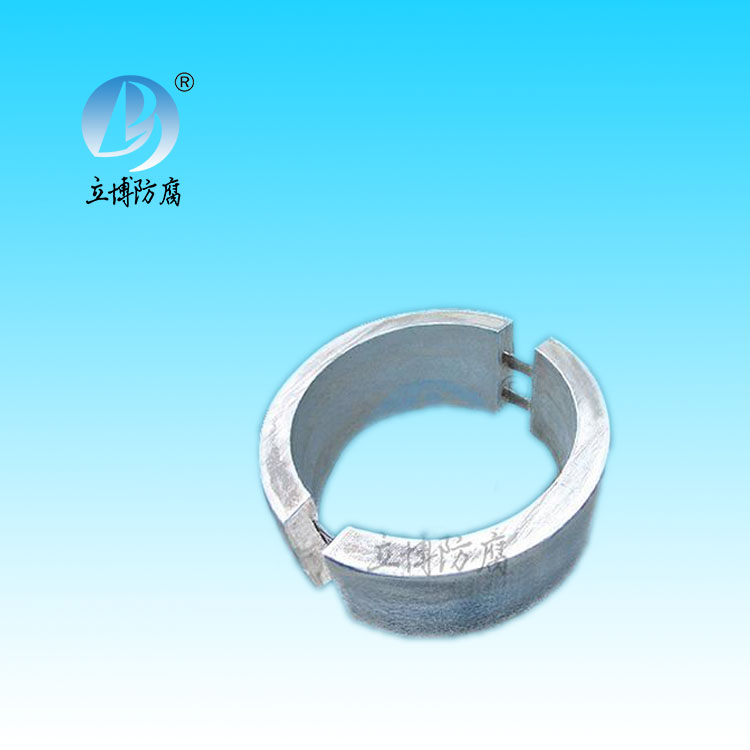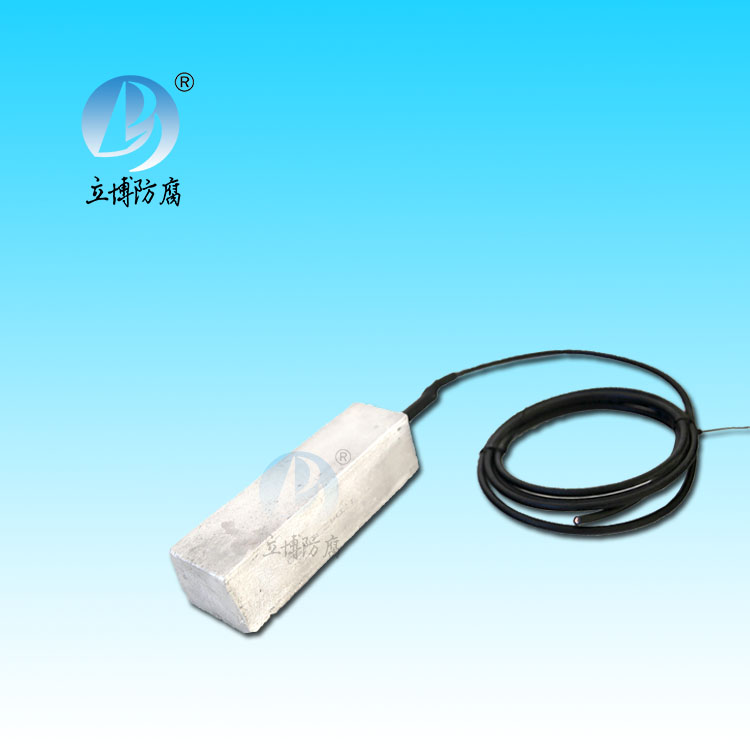News
News
- What is a sacrificial anode
- Basic requirements for reference...
- What does the reference electrode do...
- Why are zinc blocks attached to the ...
- What is the principle of impressed...
- What material does metal structure...
Contact
Phone:18739187123
hotline:0391-7588881
E-mail:970512272@qq.com
Address:Wuzhi County, Jiaozuo City, China
Q & A
What is an indicator electrode and what is a reference electrode when measuring PH with a PH meter.
- Author:Libo
- Source:wwww.hellobodies.com
- Date:2021-06-11
- Click:0
The indicator electrode is a glass electrode, also known as the reference electrode, which is a direct measurement electrode. It can react a potential value Vph according to the concentration of H+ ions, while the reference electrode provides a scale zero potential 0mV.
The potential difference between the two electrodes, Vph, corresponds to the PH value, which can be converted into PH value by the transmitter. The principle is nenst equation, and the corresponding relationship is PH= 7-VphmV /59MV without considering the influence of temperature. For example, the theoretical value of PH4 potential Vph is 177mV; PH10 is minus 177 volts. Currently, the commonly used electrode is a composite electrode made of two electrodes together, which is divided into glass electrode and plastic electrode. With the glass electrode, you can separate two electrodes. The middle electrode is the glass electrode, and the black and white one on the side is the Agcl reference electrode







 客服QQ
客服QQ